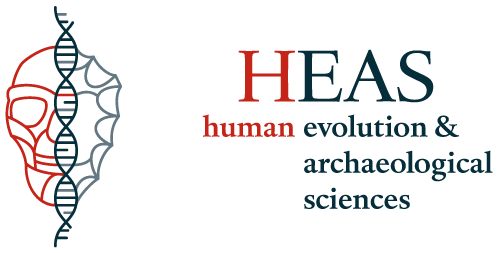Welcome to our Lab Website
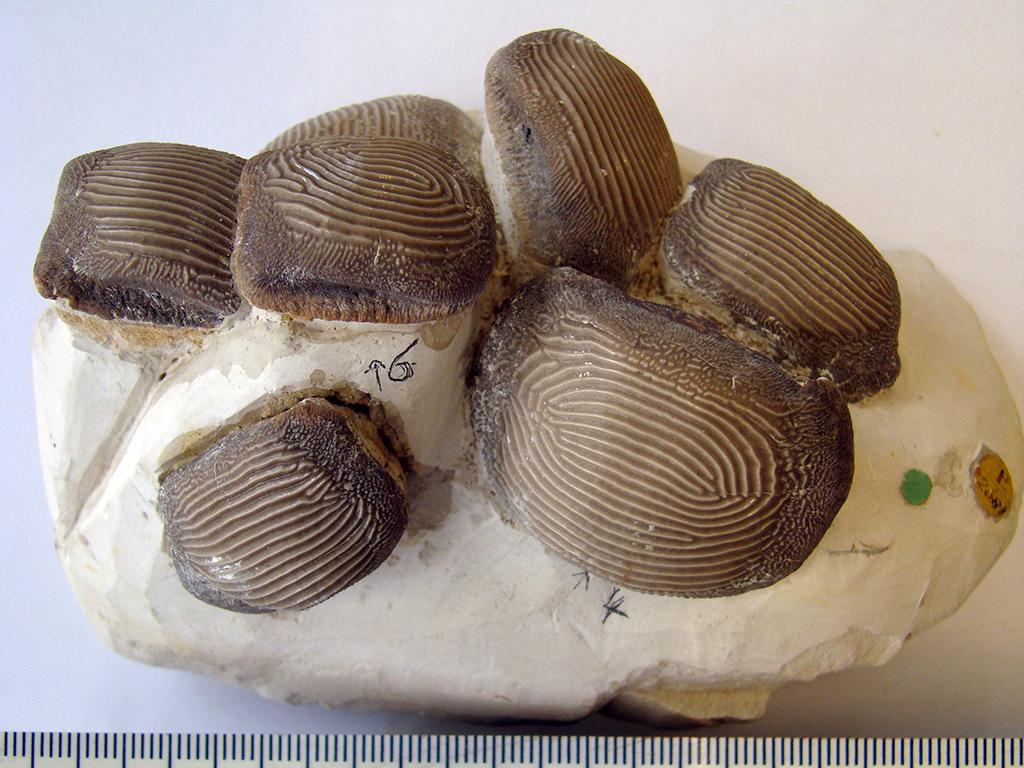
Ptychodus multistriatum Woodward, 1889 (NHMUK PV P 2681; syntype)
© J. Kriwet
Research in the Evolutionary Morphology Research Group (EvoMoRG) at the Department of Palaeontology of the University of Vienna is at the interface between palaeobiology and evolutionary developmental biology of vertebrates. The members are conducting very diverse reasearch projects related to vertebrate evolution and diversity in deep time, are involved in teaching undergraduate and graduate students in Earth and Life sciences, are conducting field work in many countries, and are involved in outreach.
Our research program is based on four key issues:
(1) to resolve the phylogenetic inter- and intra-relationships of various vertebrate groups, such as chondrichthyan and basal actinopterygian fishes, reptiles and mammals, both extinct and extant
(2) to analyse the speed and mode of character evolution
(3) to use the bony labyrinth of the middle and inner ears of extinct and extant vertebrates for identifying locomotion modes and ecological adaptations
(4) to use information about vertebrate diversity patterns in deep time to identify modern conservation priorities
To advance our goals, we integrate living and fossil organisms, knowledge of their evolutionary relationships, anatomy and morphology, developmental (palaeo)biology and genetic information, but also past diversity patterns to provide a holistic understanding of their evolutionary history and origin and development of their taxonomic diversity in deep time.
Although we employ and combine different methodological approaches and philosophies, we are all united by seeking to identify the drivers and sustainers of vertebrate success and demise and why certain groups are more resilient than others.
Students are welcome to work in our laboratory. We offer a wide range of research projects for internships and final theses (extinct and extant cartilaginous and bony fishes, birds, reptiles, mammals). Most students working in the lab have a general interest in anatomy, morphology, evolution, diversity, functional morphology or ecology. Contact us if you want to work in our lab and contribute to vertebrate research.

Congratulations to Pietro Calzoni, MSc (Univeristy of Padua, Italy) for securing a “Ing. Aldo Gini” postgraduate scholarship for six months to join our lab next year. He will conduct a research project on Oligocene bony fishes.
Latest publications from the Lab
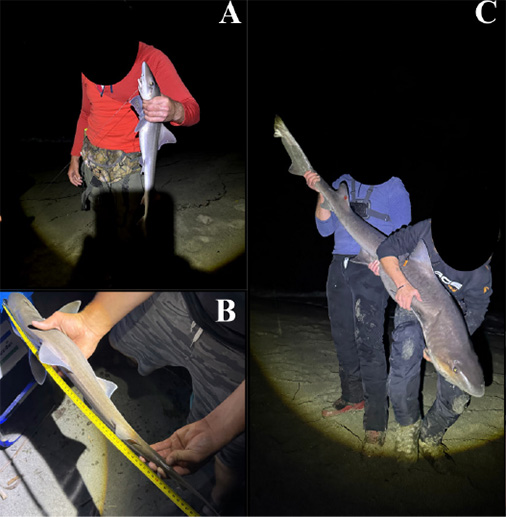
Ziani, N., Soranzo, T., Jambura, P.L. et al. 2025. Record-sized female smooth-hound (Mustelus sp.) captured in Corsican waters and preliminary observations on feeding on the invasive blue crab Callinectes sapidus.
Link to article
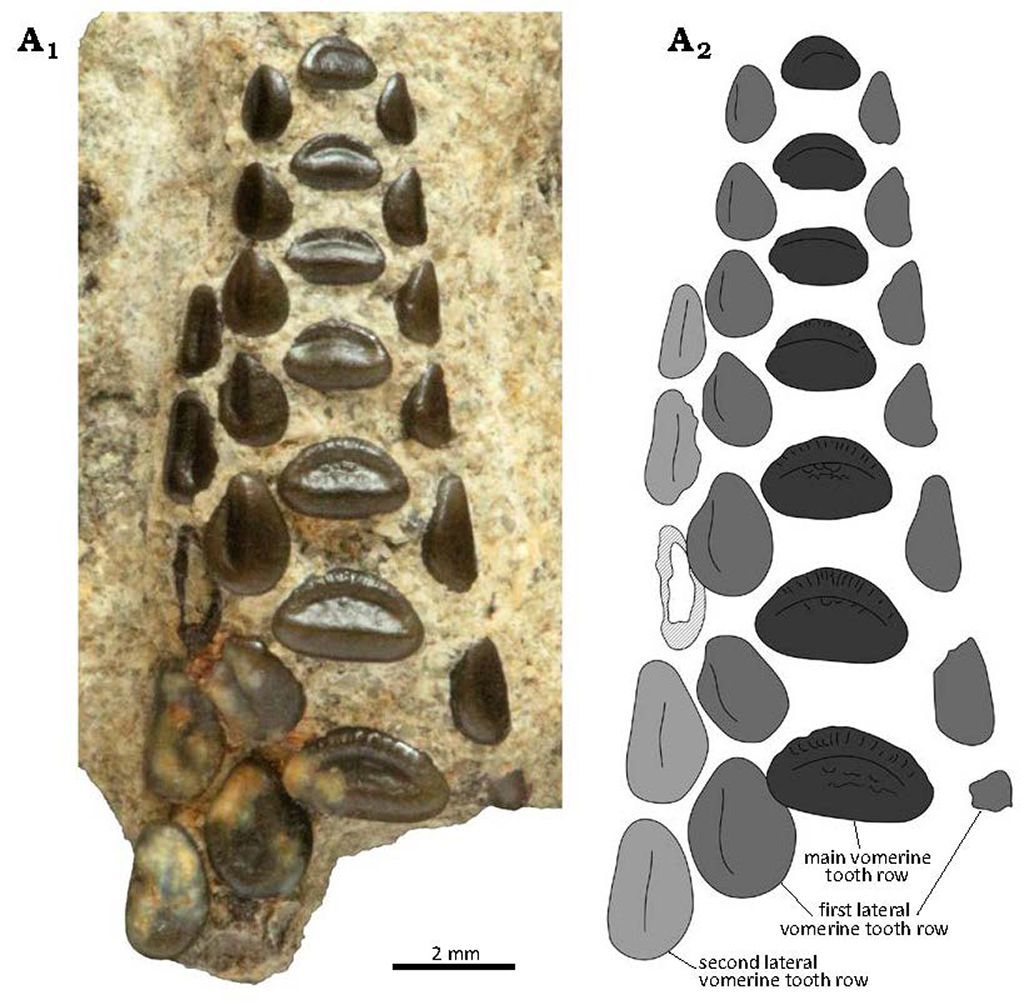
Szabó, M. & Cawley, J.J. 2025. A new pycnodontid fish from a freshwater habitat in the Upper Cretaceous Iharkút vertebrate locality, Bakony Mountains, Hungary.
Link to article
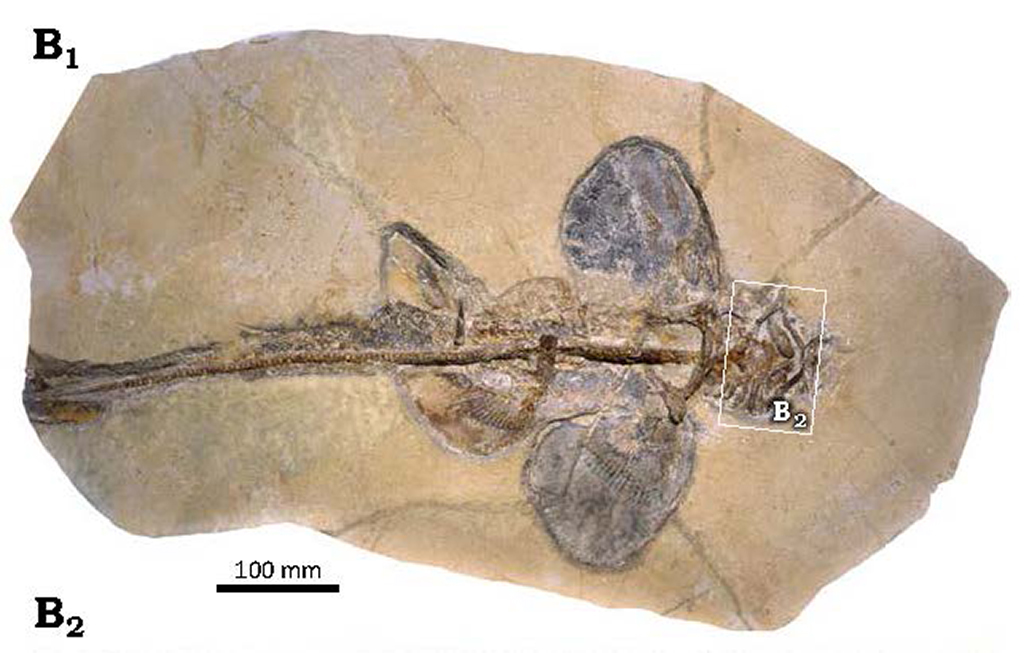
Begat, A. et al. 2025. Review of the dental pattern in the squalomorph shark Protospinax annectans, and a description of two new Jurassic shark genera.
Link to article

Felix, E., …, Pfaff, C., Kriwet, J. et al. 2025. Pulsed laser ablation synthesis of thiol-functionalized W/Fe nanoparticles in liquid for MRI and CT imaging.
Link to article
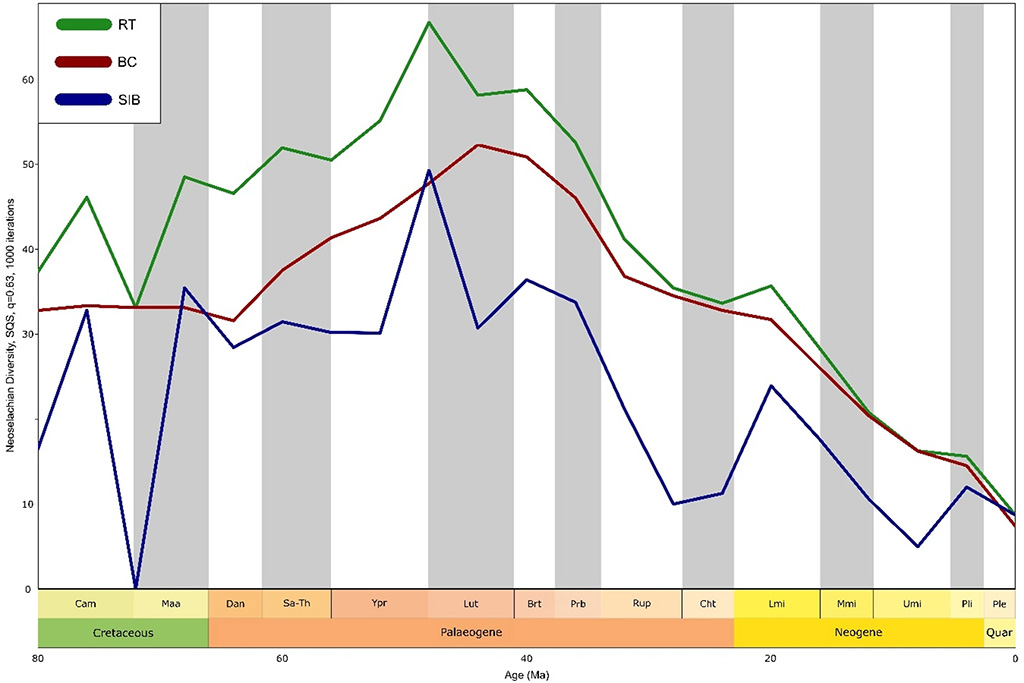
Staggl, M.A. et al. 2025. Global environmental drivers shape Cenozoic neoselachian diversity and identify modern conservation priorities.
Link to article


